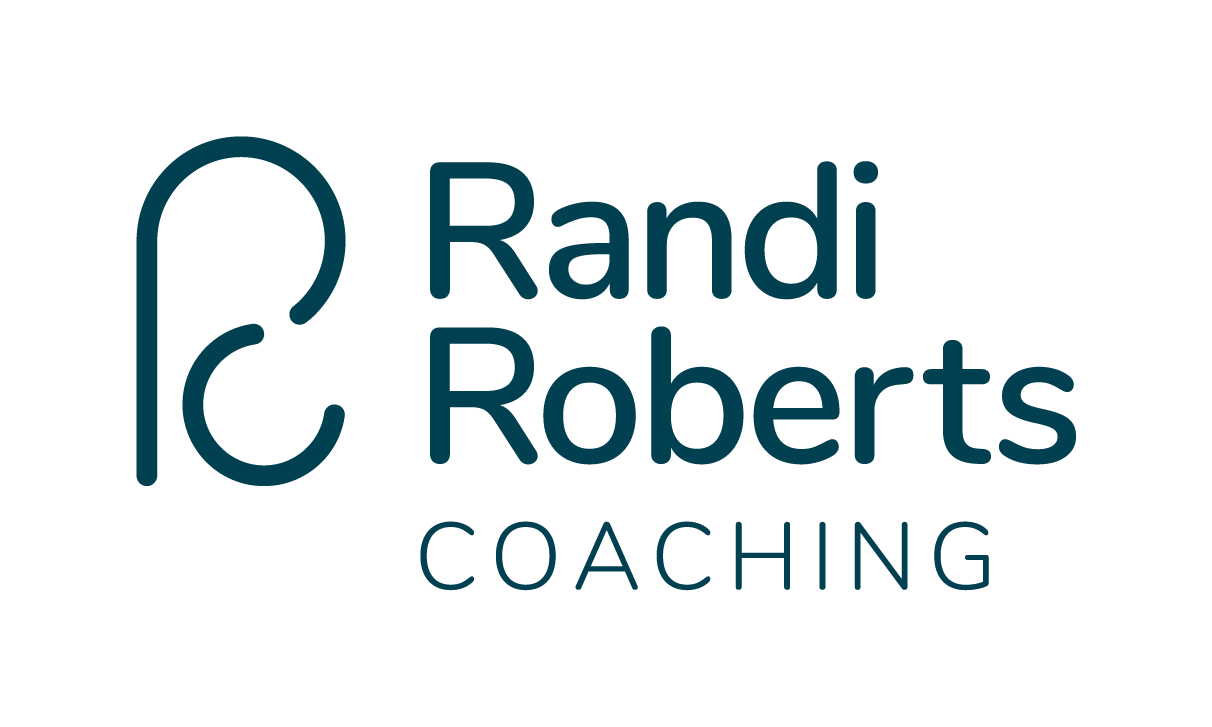I TOOK THE CAREER SATISFACTION ASSESSMENT, WHAT’S NEXT?
Pillars That Scored Low
By now, you have likely downloaded the Career Satisfaction Assessment but if not you can find it here. The assessment walks you through determining where you fall on a 1-10 scale when it comes to what I call the 8 pillars of career satisfaction; Leadership, Making a Difference, Growth, Balance, Challenge, Fun, Connections, and Contentment.
I want to walk you through what to do with these numbers after you have taken the assessment. To start let’s take a look at the areas that scored low: the areas that are in the 2-3s for you. If there aren’t any areas that low, take note of the pillars that scored the lowest. Unless they are all perfect 10s, there is room for improvement!
Pick one dimension to focus on. Think about why this particular dimension scored low. Is it something that is important to you that you are not getting enough of? Is the balance of what you need and what you have just off? Is the situation that you are in causing it to be low or is it something that’s within you?
Here are three big questions to think about when it comes to your low scoring dimension:
1. WHAT DIFFERENCE WOULD IT MAKE IF YOU WERE ABLE TO BRING IT UP ONE OR TWO POINTS?
Would a higher score on this dimension make a big difference or a small difference? This is a time to assess how important this pillar is to you. If this pillar was a 9 or a 10, would you be much more satisfied with your career? If that’s the case you will be much more likely to make the change. That brings me to the second big question.
2. HOW WILLING ARE YOU TO PUT IN THE WORK TO BRING THE SCORE UP?
On the surface, you will likely think you are willing to do the work. Be honest with yourself. This may take work so you need to assess if you have the time and energy to make the change. If it turns out now’s not the time or it’s not worth it, that’s okay! The reason it’s important to be honest here is so you don’t set yourself up for something you can’t do now, which will only make it worse.
If you are willing, now is the time to put it into action. What steps can you take to bring up the score?
Identify your first step.
Let me give you an example. Let’s say that I scored low on leadership and it’s important for me to bring that score up. One thing I could do is take a leadership course. But the first step isn’t: take a leadership class.
The first step is to find a course or to see if my company is willing to fund me taking a leadership course, or just find out the what the process of taking a leadership course is. Break down your steps clearly so that you know exactly what needs to be done.
Another helpful exercise is to anticipate what could go wrong during these steps so that you can navigate the roadblocks more easily. For example, let’s say I identify the fact that my company may not fund the course; I would need to figure out another way to fund it.
Give yourself a deadline so that it doesn’t get lost on your to-do list.
If you can’t think of a first step to bring your score up, this may be an opportunity to brainstorm with a friend, mentor, or career coach.
3. HOW ARE YOU GOING TO HOLD YOURSELF ACCOUNTABLE?
Ask yourself what usually works for you. What do you need to do to hold yourself accountable? It could look like anything from writing your do list with pen and paper, joining an accountability group, working with a coach, or announcing your goal on social media for some healthy peer pressure and support.
Whatever you choose, these are the tools you put in place to help you achieve the things you want to do. At the end of the day, this is a commitment you make to yourself.
Once you have gone through these questions thoroughly for one of your low-scoring dimensions, repeat the process with any other dimension that could use work.
Taking the assessment is only one step towards creating a more fulfilling career and therefore, happy life for yourself. If you feel that a career coach is part of this journey for you, for guidance, to help you plan and hold you accountable to do the work, I’d love to talk. I offer a complimentary session where we discuss coaching, your goals, and see if we're a good fit to work together. There’s no obligation beyond 30-45 minutes of our time.
